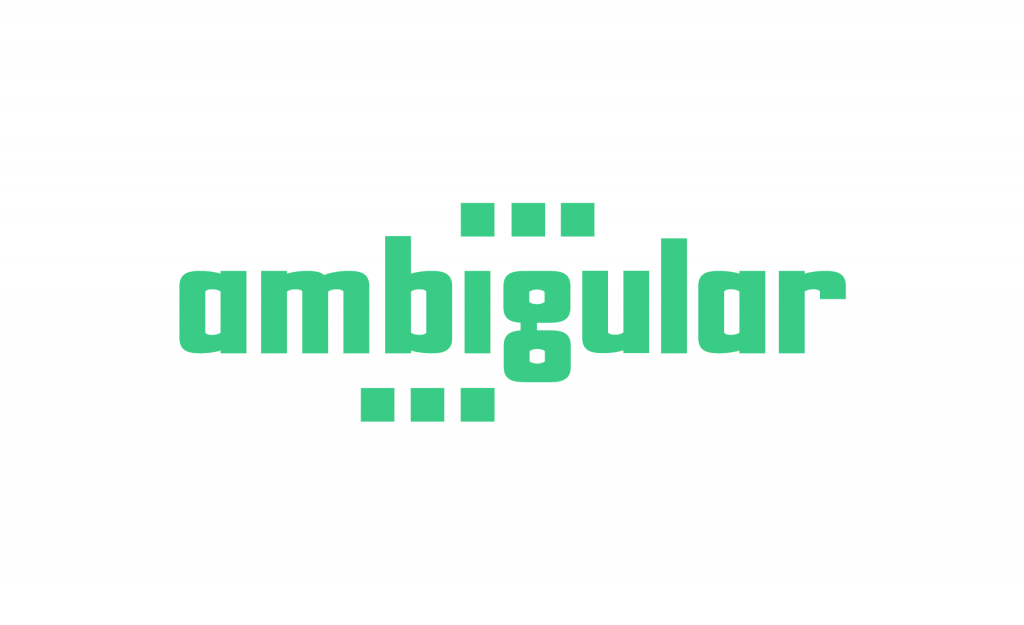My Name is Jinxi
29°03’N × 120°13’E | interview by Maria AB
“My name is Jinxi. I am 30 years old and was born in Zhejiang Province.
As a child I had very limited eyesight. I could not see clearly most of the time, but sometimes, if I looked closely, I could read words with large font in books and could write Chinese characters.
As I grew up, my vision continued to decrease, until all I could see was light and shadows.
Growing up, I played with other children, and received support from my teachers and other students.
However, I was not aware that I was different from other people. I did not know I had a disability. I did not even know what a disability was.
I did not understand that disability was an issue until after I completed my first master’s degree.
At the time, I was trying to find a job and submitted my CV to teach in a school.
I was called for an interview, but when the headmaster met me, he was noticeably surprised.
He asked me, “If a student is using a cellphone in class, would you be able to notice it?” I told him that if they use it without sound, I could hardly notice it. But I also told him that if I teach well and create attractive classes, then they would pay attention to the class and not play with their phones.
The headmaster did not agree with me; if a teacher cannot catch a student using a phone, then they cannot be a good teacher.
This was the first time I faced the barriers of disability.
I did not know what do, or how to respond. I was not aware of disability rights. I felt confused about other people with disabilities. How do they apply for jobs?
This was a very significant event in my life: I realized that people with disabilities come across many challenges in the society, and I felt motivated to know more about disability rights.
I still had not met anyone with disabilities, but I started researching about the disability community and disability rights.
I found some broadcast programs made by visually impaired people on the Internet, and magazines made by people with disabilities. But it wasn’t until I found the opportunity to do an internship with an organization that works with people with disabilities in Beijing, called One Plus One, that I got to know the real situation of the community. For the first time I worked and lived with people with disabilities, and understood the barriers and the challenges in society that affect this entire community. This has led me to devote my life to the protection of disability rights.
Nowadays I’m a lawyer and I advocate for equal rights for people with disabilities. I represent people at court, I provide legal counseling, and I do legal research on the enforcement of disability rights.
But advocacy is not just my job, it is my whole life.
I engage with people around me and I let them know more about my life. Many are curious about the way I live independently and want to support blind people but do not know how.
I show taxi drivers the screen reader in my phone that allows me to call and track an Uber. I explain to staff in hospitals, grocery stores, public transport services, and government offices what they all can do to support people with disabilities in their facilities.
I show people how to guide a visually impaired person: do not grab our arm, just let us hold your shoulder, and walk on.
Everyday I try to make people around me know more about disability, and I try to know more about places that provide equal opportunities to people with disabilities.”
“I dream and I fight for a future in which people with disabilities in China can live without barriers.”
…
Sign Language Poetry
31°13’N × 121°28’E | written and performed by 倪颖杰 | illustrated by Rose Dekker
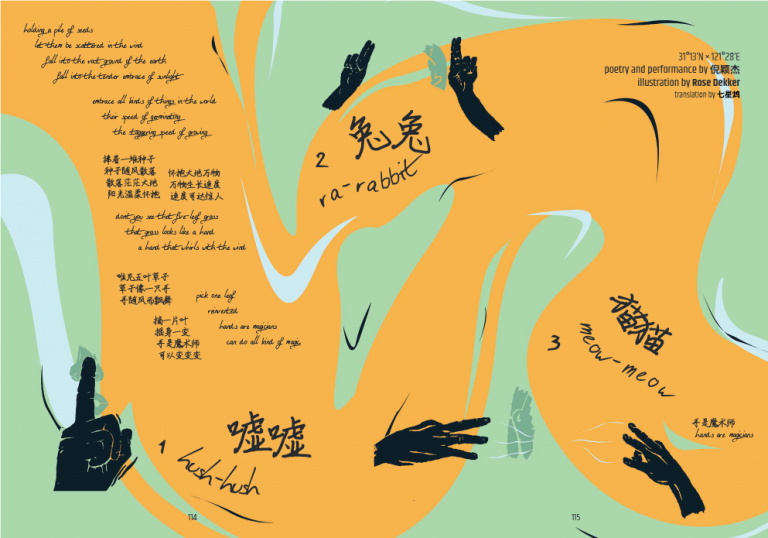
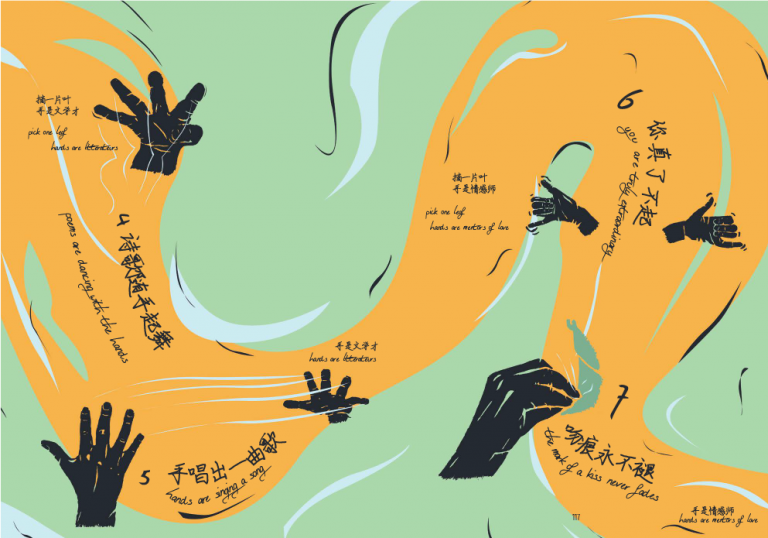
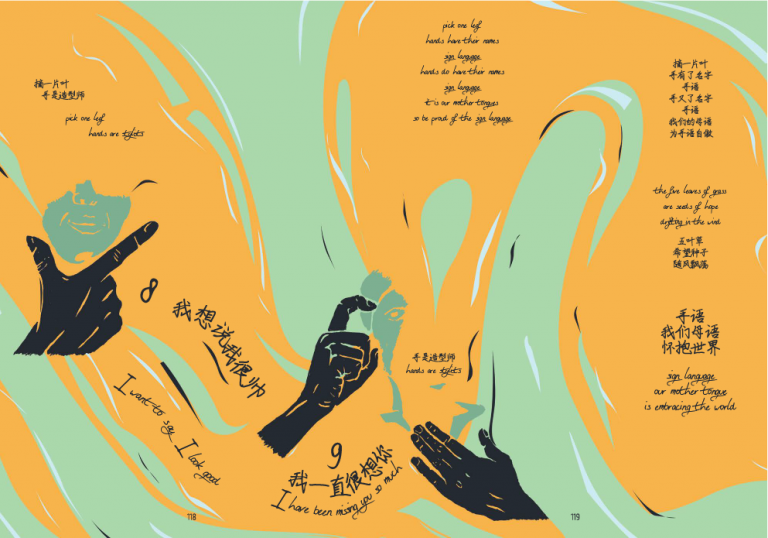
…
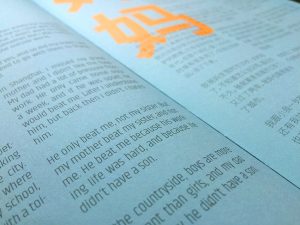
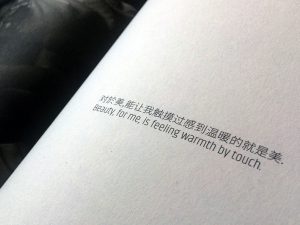
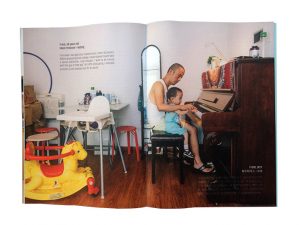
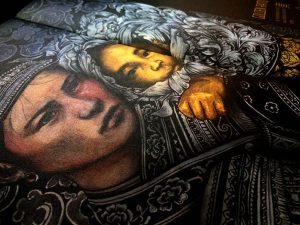
Contact us to order a copy of Babel magazine!
